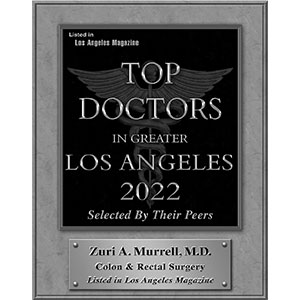I was referred to Dr. Murrell by my OB/GYN because I turned 50, so it was time for my colonoscopy! His office got me in for a consultation within a couple of days, and his entire staff was warm and friendly. Dr. Murrell himself was engaging, funny, and a very good listener. I think he's just amazing!! I highly recommend him!
I am a referral patient. I have already had 2 colonoscopy’s in the past 10 years with this caring , amazing, loving, Doctor. His bedside manners and care for his patients is beyond your expectations. Blessings for him always.
I first met the Doctor back in 2014-2015. First and foremost, he has the utmost excellent bedside manners where you feel at ease right away; let's face it, most of us are uncomfortable when we are headed to a colon specialist. He's honest and puts you at ease right away. His staff is fantastic; a gentleman who works for him in his current location became my therapist on a Monday morning call; sorry, staff, I apologize but again show you that they care. You can tell his workplace environment with his team is terrific, which trickles down to the staff being super caring.


.jpeg)








